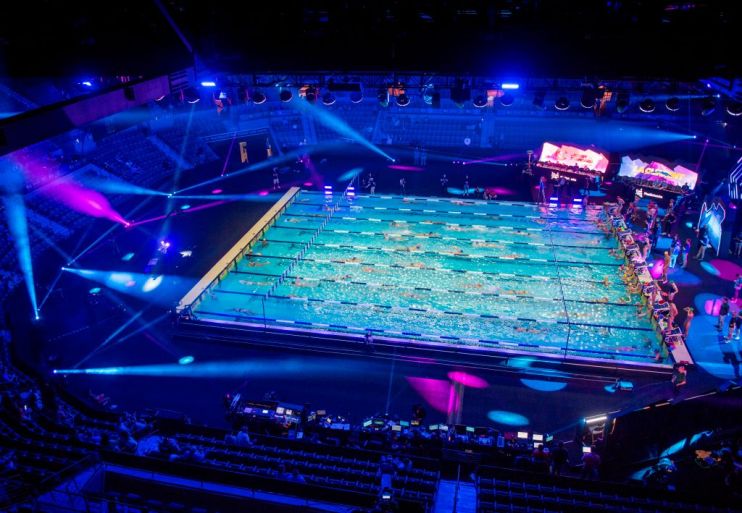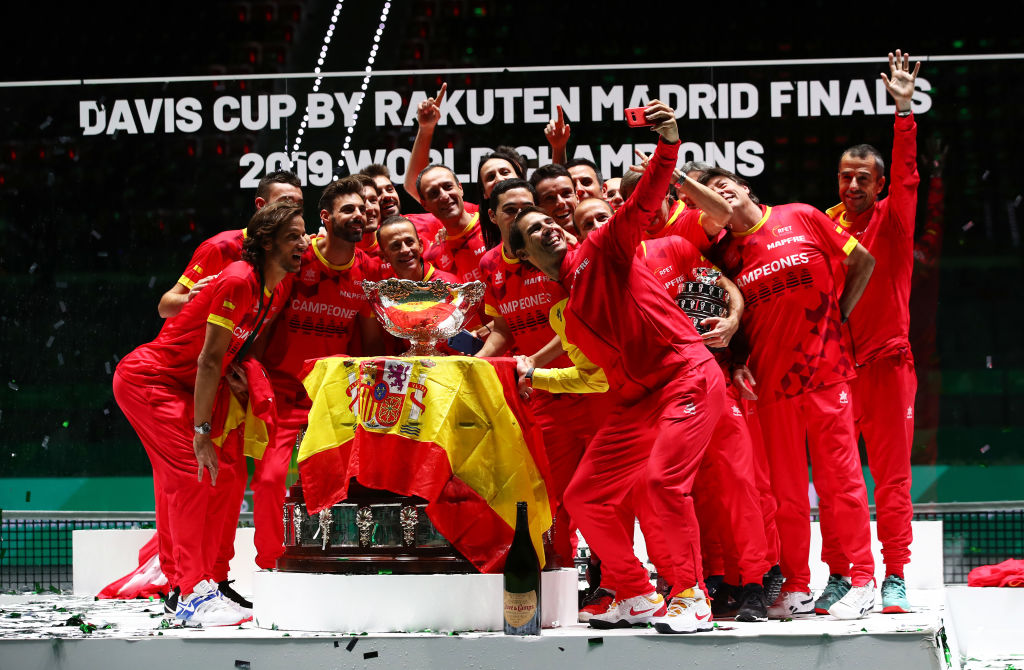The changing face of sports governing bodies: why investment talk misses the real evolution

Since private equity company CVC paid £200m for 27 per cent of Premiership Rugby just over a year ago, new money entering sport has gathered pace.
While talk of this trend has focussed on the size and value of such investments, it has missed the most interesting aspect of what is happening: that the world of sports governing bodies is on the brink of seismic change.
While big cash sums are always fascinating, the catalyst for this change isn’t cash but the realisation that fans have myriad options to engage with sport beyond traditional channels.
The inherent business factor in this is that where people go, their hearts, minds and wallets travel with them.
This battle for audience is widespread; governing bodies might own major events but non-traditional platforms have done a great job in winning over fan conversations.
One example of this is in horse racing. Betting brands have done an outstanding job in engaging with punters, resulting in a deeper relationship with racing fans than many major events or bodies which regulate the sport.
One hugely effective response to this has been the creation of World Horse Racing, a joint venture between Ascot, Breeders’ Cup, Victoria Racing Club and Goodwood Racecourse.
Through a combination of social and digital story-telling, using powerful and unique content, they have built and engaged an audience – without showing a single live racing event.
There are many other instances of this in sport and it isn’t that governing bodies have been slack; it is just that commercial brands – driven by a financial imperative – have often worked out how to speak to fans more effectively, quicker.
If you are a runner, triathlete or cyclist, the social and digital offerings of Reebok, CrossFit, Adidas, Strava or Nike probably take priority in your app or social hierarchy, especially during non-competition periods.
Investors have spotted this and the associated revenue potential, so are playing a big part in response-driven change in the industry.
Some of the brands leading the charge include the International Swimming League and Kosmos, the force behind the revamped Davis Cup.
In acquiring or creating exciting sports rights, they are not pretending to be traditional governing bodies but are charting new waters around the role federations have historically played, not least by focussing on creating commercially viable businesses through “owning” targeted fan groups.
It would be very wrong to imply that all sports governing bodies have been caught napping – some, such as World Rugby, have been every bit as astute as any one of the other entities disrupting the sector and plenty have been developing exciting plans in this space.

Another recent initiative is the creation of GB Sports Media, a streaming platform for Olympic and Paralympic sports, now spearheaded by former BBC and Discovery executive Dominic Coles, an experienced and broad-thinking agent of change.
That said, the headline-grabbing talk about over-the-top broadcast is something of a misdirection.
Broadcast is only part of the story since the true business proposition is building and – in some cases – reclaiming audiences.
It isn’t feasible to create a sustainable revenue stream and fan acquisition strategy from content when control of a sport’s grassroots or big-event social conversation is uncoordinated and narrated by someone else.
Sit back and watch as this situation evolves over the next decade. The winners are almost certainly set to be rights owners – traditional or new – who correctly blend IP with staging great events, supported by engaging social content.
Casey Harwood is commercial director at Engage Digital Partners, a full service digital engagement agency with offices in London, India and Australia.